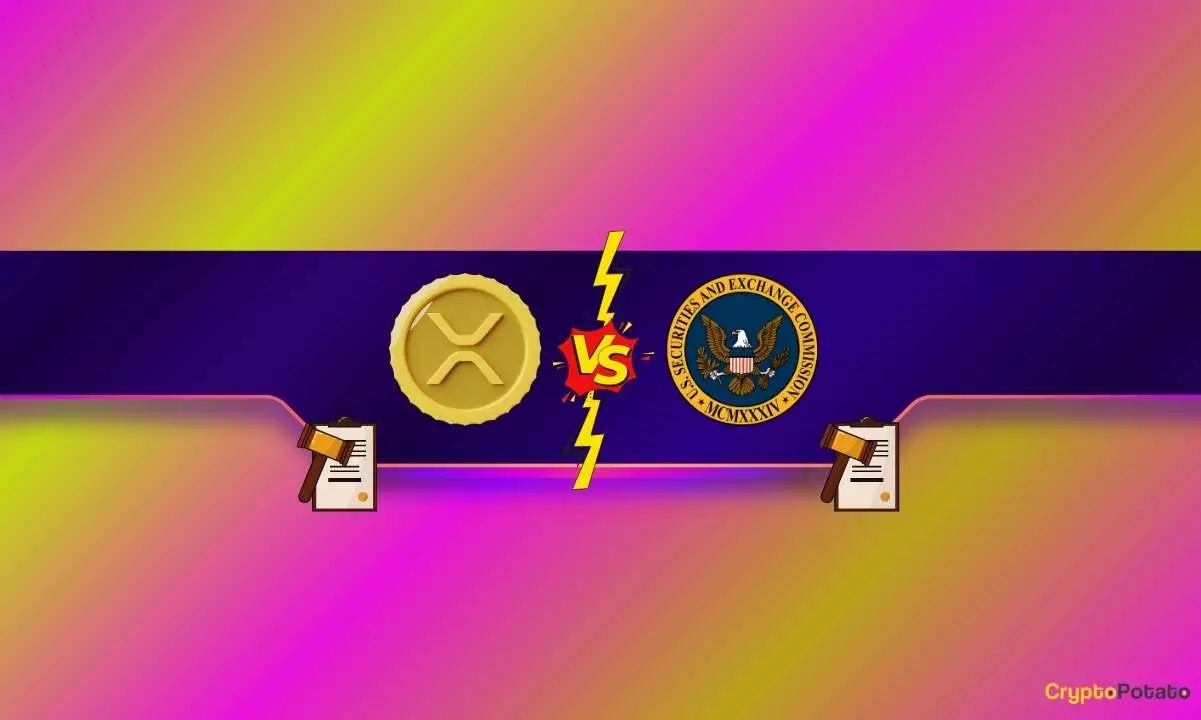The prolonged dispute between Ripple Labs and the U.S. Securities and Exchange Commission (SEC) has captured the attention of the cryptocurrency community, raising numerous questions about regulatory interpretations and the future of digital assets. As this complex legal battle unfolds, key events and upcoming milestones are creating a climate of uncertainty and speculation, particularly surrounding Ripple’s anticipated Swell event in Miami.
In August, a pivotal ruling by Judge Analisa Torres made headlines; she stated that Ripple’s sales of XRP on secondary markets to retail investors did not qualify as securities transactions. This determination marked a significant victory for Ripple, considering the SEC’s broad classifications of digital assets. Nonetheless, the judge imposed a hefty fine of $125 million on the company, a figure that still pales in comparison to the initial $2 billion penalty sought by the SEC. Ripple’s apparent pleasure in the outcome—especially the affirmation that secondary XRP transactions are not securities—highlights a critical tension in the ongoing legal narrative.
However, it is crucial to note that the SEC has not relented in its scrutiny. Following the August ruling, the agency initiated another appeal against the earlier 2023 judgement by Judge Torres, aimed at further clarifying the regulatory stance towards XRP. This back-and-forth reveals a regulatory framework still grappling with its definitions and boundaries regarding digital assets—a situation that may lead to a protracted battle not just for Ripple, but for the entire cryptocurrency landscape.
Future Legal Strategies and Cross-Appeals
Ripple’s Chief Legal Officer, Stuart Alderoty, recently announced that the firm filed a cross-appeal in response to the SEC’s actions, aiming for comprehensive coverage in their legal arguments. Alderoty emphasized a significant aspect of the SEC’s misalignment with Ripple’s framing of XRP: the notion of investment contracts. His contention rests on the principle that an investment contract necessitates specific rights and obligations, which he argues the SEC has not adequately established with regards to XRP.
This legal maneuvering represents more than just a tactical response; it signals Ripple’s intent to clarify ambiguities in the law governing digital assets. Alderoty’s remarks also echo a sentiment prevalent within the cryptocurrency community: the need for regulatory clarity. Until clear regulations emerge, companies like Ripple will remain ensnared in legal disputes, which could have downstream effects on broader market stability and investor confidence.
As Ripple prepares to navigate the appeal process, it faces a deadline by October 16 to respond to the SEC’s claims, coinciding with the conclusion of Ripple’s Swell event. This scheduling intertwines the legal and corporate strategies of Ripple, implying that major announcements could coincide with the appeal’s developments. The talks held during the conference, as outlined by legal analysts, will explore the case’s specifics and may include discussions on settlement possibilities. Participation in this conference is mandatory for involved parties, highlighting the seriousness of the proceedings.
It is within this context that speculation about the outcomes of Ripple Swell has intensified. Rumors suggest that Ripple may unveil significant news that could alter the trajectory of XRP. Some potential announcements include the launch of Ripple’s US-pegged stablecoin, RLUSD, alongside strategies for addressing ongoing regulatory challenges. Such developments could markedly affect XRP’s market performance, especially as the cryptocurrency has faced downward pressure recently, trading around $0.54 and reflecting a notable decline in value.
As Ripple continues its legal battle with the SEC, industry observers remain on high alert for any shifts that could redefine the regulatory landscape for cryptocurrencies. The outcomes of the legal proceedings and the anticipated announcements from Ripple Swell carry significant weight, potentially shaping not only XRP’s market price but also the broader acceptance of cryptocurrencies in financial markets.
The convergence of legal, corporate, and market dynamics puts Ripple at a crucial turning point—its actions, announcements, and the SEC’s responses will inevitably influence the future of digital currencies and their governance. In this evolving narrative, all eyes will be on Miami, where Ripple seeks to rally its community and showcase a vision for the future amidst ongoing complexities.

